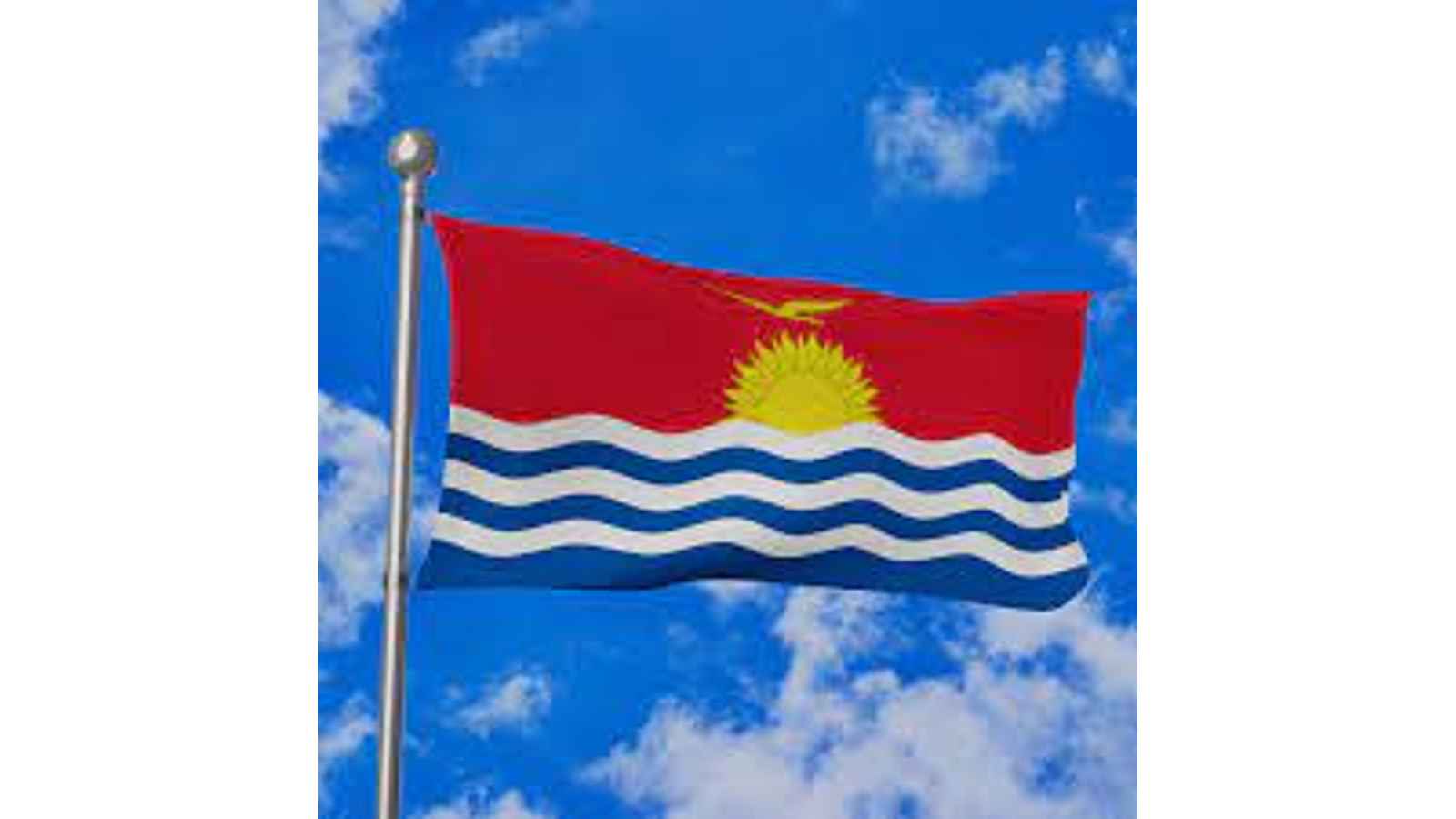Every year on July 15 in Kiribati, the nation celebrates Unimwane Day. “Unimwane” translates to “elder man,” whereas “unaine” refers to “elder women.” Unimwane Day honours the male elders of the village, as a council comprised of them used to administer the communities and make decisions regarding social, political, and economic issues in the past. Because they were made after careful deliberation by the oldest, wisest, and most experienced members of the community, their decisions were regarded as the best. Despite the continued existence of the Unimwane Association, which advises on crucial matters, the system has largely disappeared.
The background of Unimwane Day
Since between 3000 B.C. and 1300 A.D., the region now known as Kiribati, primarily the sixteen Gilbert Islands, has been populated by Austronesian peoples speaking the same Oceanic language. Around 1300 A.D., a massive exodus occurred from Samoa, coinciding with the forced abolition of cannibalism, resulting in the addition of Polynesian ancestry to the majority of Gilbertese people. Later, these Samoans would introduce Polynesian languages and culture, form clans based on their Samoan traditions, and gradually merge with the indigenous clans and powers that were already dominant in Kiribati. Additionally, travellers from Tonga and Fiji brought Melanesian cultural elements.
In the 15th century, the Northern Islands, governed primarily by a high chief structure known as ‘uea,’ and the Central and Southern Islands, governed primarily by a council of elders known as ‘unimwane,’ developed governance structures that were diametrically opposed. Tabiteuea was an exception, being the only island with a traditional egalitarian society. Tabiteuea derives its name from the root term ‘Tabu-te-Uea,’ which translates to ‘chiefs are prohibited.’
Soon after, civil war broke out, with land acquisition as the primary means of conquest, and tribes and chiefs fought over resources, fueled by animosity and rekindled blood feuds. This persisted well into the European visitation and colonial era, from the 17th century onwards, resulting in certain islands decimating their opponents with weapons and cannon-equipped ships that some Europeans were coerced into using by the more intelligent and persuasive Kiribati leaders. The Gilbert and Ellice Islands were a British protectorate from 1892 to January 12, 1916, and then a colony from January 1, 1976 to January 1, 1978.
Kiribati National Day 2023: Date, History, Facts about Kiribati
UNIMWANE DAY ACTIVITIES
Attend the Unimwane Day celebration
There is likely one close you if you live in Kiribati. In addition to political speeches, there is traditional Kiribati music and dancing. Don’t neglect to take your grandpa!
Honour an elderly gentleman in your life
It is acceptable if you do not reside in a location that celebrates Unimwane Day. Consider an elderly male who is significant in your life, whether he is a member of your family or not, and express your gratitude to him. Consider spending time with him doing something that he enjoys.
More information about Kiribati
This may be your first time learning about Kiribati if you are not a native. This is all too common in non-First World nations, but today is a good time to learn about Kiribati’s history, culture, and geography, among other topics.
5 FACTS ABOUT KIRIBATI THAT YOU PROBABLY DON’T KNOW
Kiribati is one of only 22 nations without an army.
Only twenty of them are inhabited.
Tebua Tarawa and Abanuea were their names.
This is due to the fact that it is an island nation with a low elevation of 1.98 metres.
The Phoenix Islands Protected Area in Kiribati is the world’s largest protected area and the sole UNESCO World Heritage Site in the country.
UNIMWANE DAY DATES
| Year | Date | Day |
|---|---|---|
| 2023 | July 15 | Saturday |
| 2024 | July 15 | Monday |
| 2025 | July 15 | Tuesday |
| 2026 | July 15 | Wednesday |
| 2027 | July 15 | Thursday |




